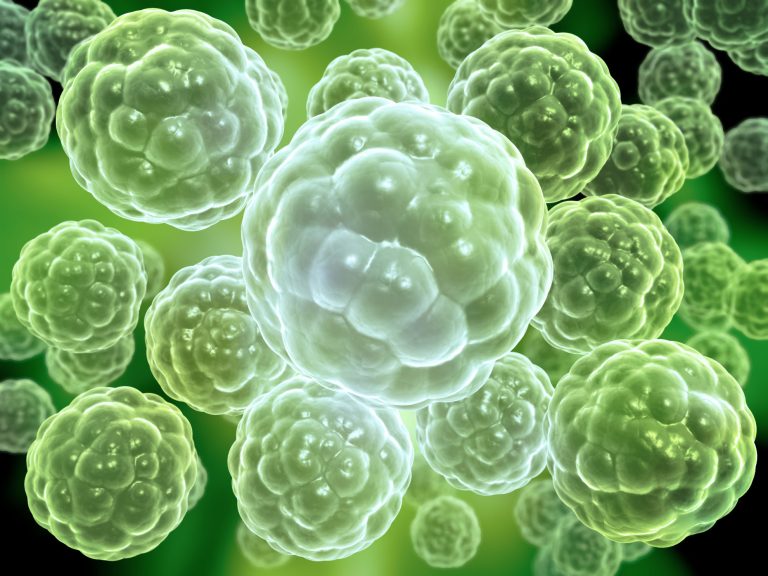
Thyroid-stimulating hormone (TSH): TSH stimulates your thyroid to produce thyroid hormones that manage your metabolism, energy levels and your nervous system.It can affect fertility and sexual functions in adults. Prolactin: Prolactin stimulates breast milk production ( lactation) after giving birth.LH is also known as a gonadotrophic hormone because of the role it plays in controlling the function of the ovaries and testes, known as the gonads. Luteinizing hormone (LH): LH stimulates ovulation in people assigned female at birth and testosterone production in people assigned male at birth.GH also impacts your metabolism (how your body turns the food you eat into energy). In adults, growth hormone helps maintain healthy muscles and bones and impacts fat distribution. In other words, it helps children grow taller. Growth hormone (GH): In children, growth hormone stimulates growth.This is known as a gonadotrophic hormone. FSH stimulates the ovaries to produce estrogen and plays a role in egg development in people assigned female at birth. Follicle-stimulating hormone (FSH): FSH stimulates sperm production in people assigned male at birth.It stimulates your adrenal glands to produce cortisol (the “stress hormone”), which has many functions, including regulating metabolism, maintaining blood pressure, regulating blood glucose (blood sugar) levels and reducing inflammation, among others. Adrenocorticotropic hormone (ACTH or corticotrophin): ACTH plays a role in how your body responds to stress.The anterior lobe of your pituitary gland makes and releases the following hormones: Which hormones does the pituitary gland make? Your pituitary is connected to your hypothalamus through a stalk of blood vessels and nerves called the pituitary stalk (also known as infundibulum).

Your pituitary gland is divided into two main sections: the anterior pituitary (front lobe) and the posterior pituitary (back lobe). These signals tell your body what to do and when to do it. Hormones are chemicals that coordinate different functions in your body by carrying messages through your blood to various organs, skin, muscles and other tissues. Endocrine glands release hormones directly into your bloodstream. Your pituitary gland also tells other endocrine system glands to release hormones.Ī gland is an organ that makes one or more substances, such as hormones, digestive juices, sweat or tears. It’s a part of your endocrine system and is in charge of making several essential hormones. It sits in its own little chamber under your brain known as the sella turcica. Your pituitary gland (also known as hypophysis) is a small, pea-sized gland located at the base of your brain below your hypothalamus.


The pituitary gland is located at the base of your brain, below your hypothalamus.


 0 kommentar(er)
0 kommentar(er)
